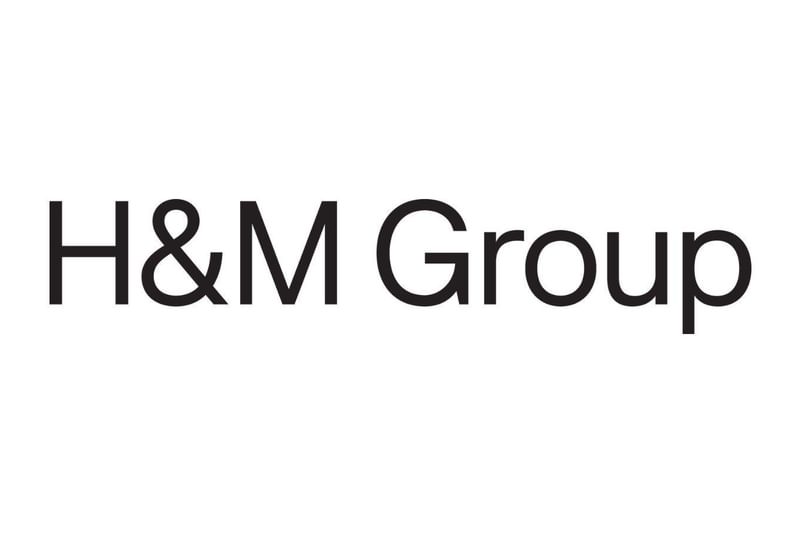
Unlocking insights: New research paper on MRV in science-based targets
Nov 23rd 2023
The Science Based Targets initiative (SBTi) and EY have published a new research paper that analyzes the current landscape of measurement, reporting and verification (MRV) of climate targets. Emily Castro, MRV Manager, and Emma Borjigin-Wang, Corporate Decarbonization Research Manager, at the SBTi, outline the findings and how they will inform and support the SBTi’s upcoming work for reporting and progress assessment of science-based targets.
2023 has been a year of record-breaking heatwaves, floods and fires that have seriously impacted human lives, businesses and the global economy. For the corporate sector to prevent climate breakdown and remain economically competitive, climate action must be a top priority. In this era marked by increasingly conscious investors and consumers, and the soaring demand for transparency and accountability, the significance of measurement, reporting and verification (MRV) in corporate climate action cannot be overstated.
Aware of the need for robust frameworks to be able to monitor, report and assess progress against voluntary climate targets in the corporate sector, the Science Based Targets initiative (SBTi) is conducting research to identify current best practices and critical topics to measure progress and to assess progress against targets in a robust and standardized way.
The research paper ‘Landscape analysis: Measurement, Reporting and Verification of Science-Based Targets’ is the result of surveys, a comprehensive literature review, data analysis and stakeholder interviews. For each of the three key topics addressed in the paper, current practices and challenges were ranked, acknowledging five main topics: consistency with targets, achievement, transparency, feasibility and alignment with guidance.
Standardized threshold for significant changes
The first key finding recognizes that a lack of clear guidance on how to address significant changes over the course of a target period (e.g. a merger, major divestment or the introduction of a different greenhouse gas accounting methodology) can impact the accuracy and comparability for progress disclosed by companies. If the threshold to define when a change is significant and the company should update its emissions inventory is standardized, this can facilitate comparability and consistency across corporate disclosures. In 2023, the SBTi introduced a 5% maximum threshold to define when a change requires a company to update its emissions inventory.
Leading and lagging metrics
The second key finding is related to progress indicators. It is often challenging to determine a company's progress against targets because of delays between action and impact, as well as emissions calculation accuracy and completeness issues. Additional metrics beyond target requirements, specifically financial indicators and transition plans, could work as early progress indicators and provide greater context around the overall approach to decarbonizing a business, e.g., capital expenditure (CapEx), operating expenditure (OpEx) and research and development (R&D) spend.
Data quality and assurance
The third key finding is about third-party assurance. We found that the practice of obtaining third-party assurance on greenhouse gas emission inventories is increasingly common. Nowadays at least seven regulations and 11 leading climate frameworks include recommendations or requirements on third-party assurance.
Robust systems for measuring greenhouse gas emissions, comprehensive reporting mechanisms and stringent verification processes have become essential tools for businesses aiming to align with the global climate goals, and build and maintain credibility. This trifecta of measurement, reporting and verification not only serves as a compass for corporates to assess and reduce their carbon footprint but also fosters a culture of responsibility and innovation in the pursuit of a sustainable future.
Learn more about the findings and analysis reviewed in this research paper and Appendix, and join our mailing list to stay up-to-date as the SBTi drives ambitious corporate climate action.
Latest News
View News


